Scientists at Wake Forest School of Medicine have identified a dead probiotic that reduces age-related leaky gut in older mice. The study is published in the journal GeroScience.


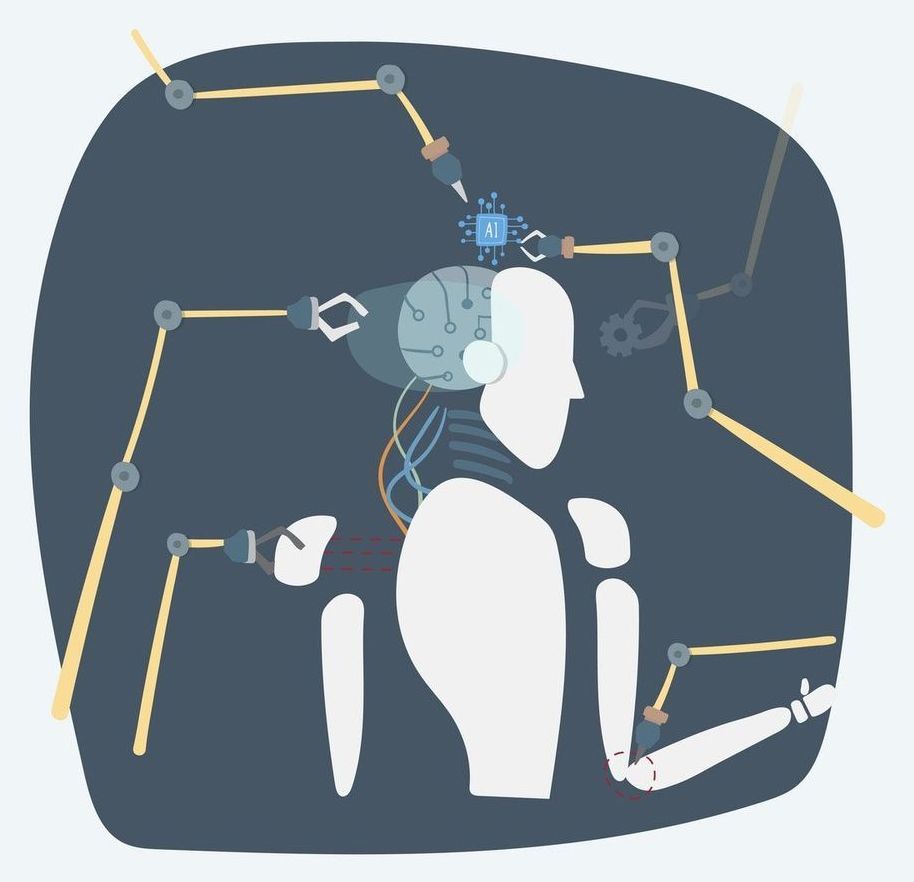
I am in shock… Google suddenly as yahoo are allowing conjecture and mendacity be seen as public or scientific opinion. Here is another confused mind who towards the end of her rant quotes Christian scripture as basis to stop Life extension-Transhumanism???
When I say to these minds Behold the leader of Christianity stood for Life abundant-Super Longevity and I can prove such. No matter what lost evangelist or preacher tells you Jesus was a medical researcher of extraordinary magnitude…
NOW BEHOLD THE LOST in this article… https://www.rodofironministries.com/…/transhumanism-and-imm… Respect r.p.berry & AEWR wherein aging now ends we have found the many causes of aging and we have located an expensive cure. We search for partners-investors to now join us in agings end… gerevivify.blogspot.com/
Whether we like it or not, the hybrid age is already here. From genetic manipulation, to AI technology, to nano-technology, robotics, 3D printing, brain mapping, super computing, the list is literally endless. Futurists and Transhumanist philosophers believe that science and technology are limitless, and that humanity’s current cultural traditions and mindset are the mechanisms in place that prohibit human development.
Mankind has experienced formidable technological growth in the past from the early ancestors to the Agrarian Age, the Industrial Age in the 18th century, and the Information Age in the 1970s, from their point of view, we are simply going through another revolutionary leap into what they call, the Hybrid Age.
The Transhumanist Movement, also known as H+ is an intellectual, cultural and political movement that supports technological enhancements in the human body through the use of genetics, robotics, synthetic biology, AI technology among others to modify the physiology, psyche, memory and progeny of a human being and ultimately achieve immortality on earth, (a procedure they believe can be reached within the next decade) whereby human consciousness can be uploaded into a robot, cyborg or possibly, a human clone. The sci-fi novel “Altered Carbon” by Richard K. Morgan captures a cornucopia of technological concepts that are, believe it or not, in experimental stages across the globe, methods such as: human hybridization, CRISPR-technology—Chinese scientists have used CRISPR for gene-editing on 86 human patients; limb regeneration, bionic augmentation, the making of super-soldiers, cloning, Cryonics and the growing interest in information-theoretic death, neuropreservation, suspended animation, molecular nano-technology and so on. Sounds far-fetched right?
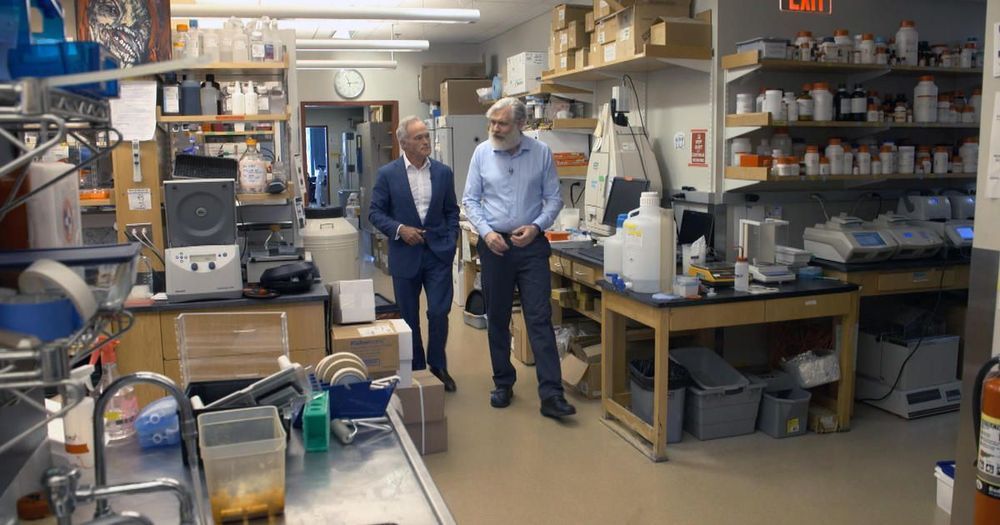
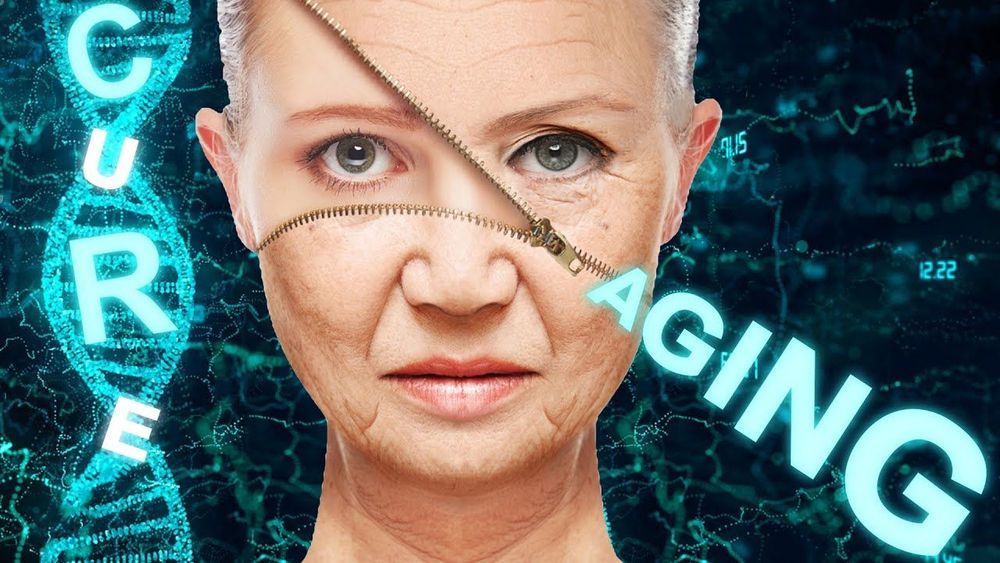
The quest to live longer and healthier is not new. But the concept of reversing aging has recently stunned both the scienftific community and the public in general. Scientists have been able to reverse aging by 2.5 years to some participants in a groundbreaking experiment in the field of age reversal.
World leading scientists in the field of aging like David Sinclair think that aging is the ultimate disease that needs a cure. If scientsits were able to shed 2.5 years to the participants genomic age, the question raises itself, are we going to see an age reversal of a decade or more in the coming years?
#reverseaging #science #sciencetime
SUBSCRIBE to our channel “Science Time” and ring the bell to never miss out videos like this: https://www.youtube.com/sciencetime24
Source: Fahy, G. M. et al. Aging Cell https://doi.org/10.1111/acel.13028 (2019)
Similar videos:
“CRISPR 2.0 Prime Editing To Heal 90% Of Genetic Diseases” https://youtu.be/vP6DSIoOcIQ
“Genetic Engineering Humans — CRISPR“

Researchers with Stanford University have published a study revealing that physical aging is not a smooth process, but rather something that happens in what they describe as a ‘herky-jerky trajectory.’ Using blood tests to look at specific proteins, the researchers found that human aging involves three distinct turning points, the first starting in one’s mid-thirties.

In back-to-back papers in the December 4 Science Translational Medicine, scientists led by Daniela Kaufer, University of California, Berkeley, and Alon Friedman, Ben-Gurion University of the Negev, Beer-Sheva, Israel, report that age-related cracks in the blood-brain barrier allow an influx of serum protein albumin into the brain, where they activate TGFβ receptors, overexcite neuronal networks, and impair cognition. Breaches correlated with localized slowing of cortical activity in epilepsy, Alzheimer’s disease patients, and in mouse models of AD. Called paroxysmal slow-wave events, these activity changes correlated with cognitive impairment and interspersed with seizures in epilepsy patients.

Dmitry Kaminskiy speaks as though he were trying to unload everything he knows about the science and economics of longevity—from senolytics research that seeks to stop aging cells from spewing inflammatory proteins and other molecules to the trillion-dollar life extension industry that he and his colleagues are trying to foster—in one sitting.
At the heart of the discussion with Singularity Hub is the idea that artificial intelligence will be the engine that drives breakthroughs in how we approach healthcare and healthy aging—a concept with little traction even just five years ago.
“At that time, it was considered too futuristic that artificial intelligence and data science … might be more accurate compared to any hypothesis of human doctors,” said Kaminskiy, co-founder and managing partner at Deep Knowledge Ventures, an investment firm that is betting big on AI and longevity.
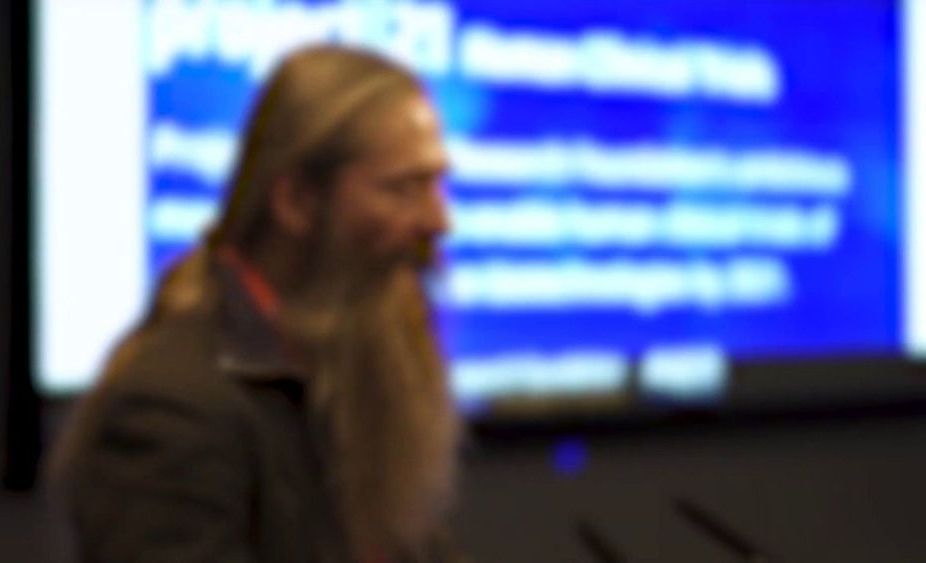
Rejuvenation Biotechnology: on track to be the biggest industry ever.
Dr Aubrey de Grey, CSO at the SENS Research Foundation speaking at Master Investor’s Investing in the Age of Longevity 2019 event. Aubrey discusses Rejuvenation biotechnology and how it’s on track to become the biggest industry ever.
Master Investor is an investment media and events company that delivers independent, financial commentary and analysis to UK private investors and traders through events, magazines, news, blogs, podcasts and daily/weekly newsletters.
Read our latest magazine at www.masterinvestor.co.uk/magazine
Book a free ticket (use code MIYT) to attend the annual Master Investor Show (28th March 2020): https://masterinvestorshow-2020.reg.buzz
Keep in touch:
Newsletter | https://masterinvestor.co.uk/subscribe
Twitter | https://twitter.com/masterinvestor
Facebook | https://facebook.com/masterinvestor
LinkedIn | https://www.linkedin.com/company/masterinvestor

One of the most vexing questions many of us face once we hit our 60s is: Where should we live as we get older? I’m not talking about those “Best Places to Live” rankings. I mean what kind of home, and type of community, would be most suitable. That’s why I was eager to hear what several gerontologists had to say in their session at last week’s Gerontological Society of America conference about how they decided where they’d live in later life.
What kind of home and community is most suitable? The answer isn’t always rational.
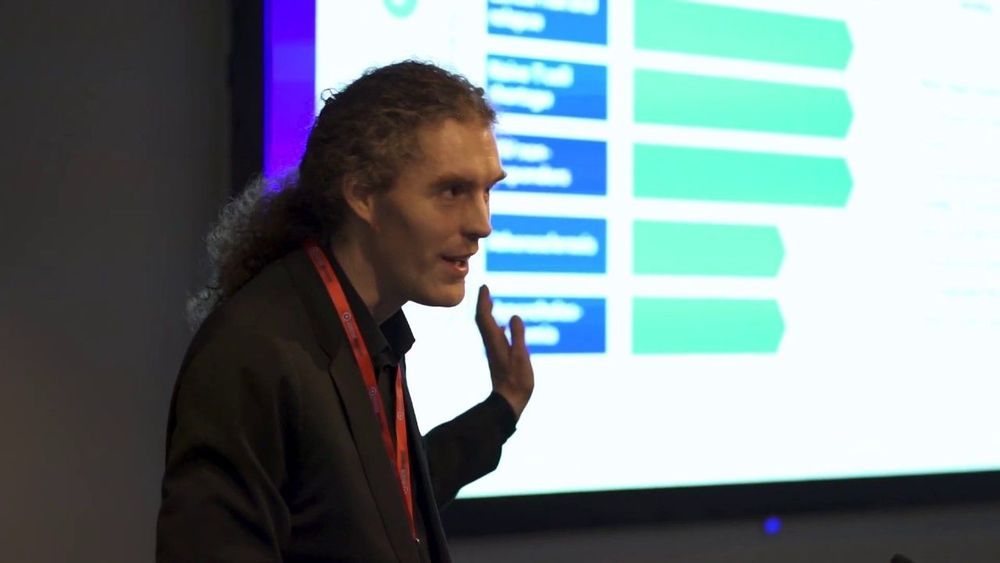
Gene therapies to reverse immunosenescence and atherosclerosis.
CEO of Repair Biotechnologies speaking at Master Investor’s Investing in the Age of Longevity 2019 event. Reason discusses gene therapies to reverse immunosenescence and atherosclerosis.
Master Investor is an investment media and events company that delivers independent, financial commentary and analysis to UK private investors and traders through events, magazines, news, blogs, podcasts and daily/weekly newsletters.
Read our latest magazine at www.masterinvestor.co.uk/magazine
Book a free ticket (use code MIYT) to attend the annual Master Investor Show (28th March 2020): https://masterinvestorshow-2020.reg.buzz
Keep in touch:
Newsletter | https://masterinvestor.co.uk/subscribe
Twitter | https://twitter.com/masterinvestor
Facebook | https://facebook.com/masterinvestor
LinkedIn | https://www.linkedin.com/company/masterinvestor